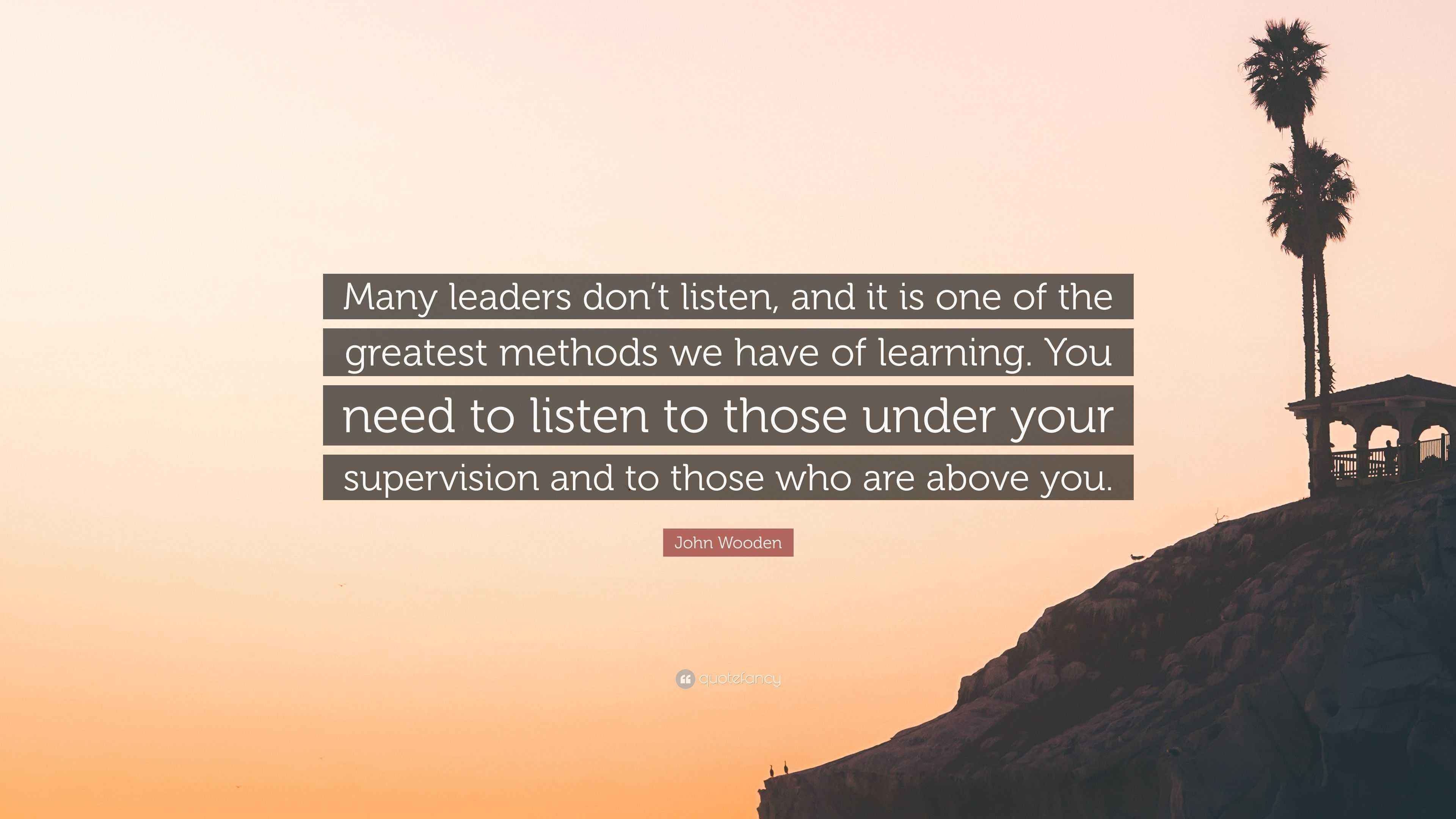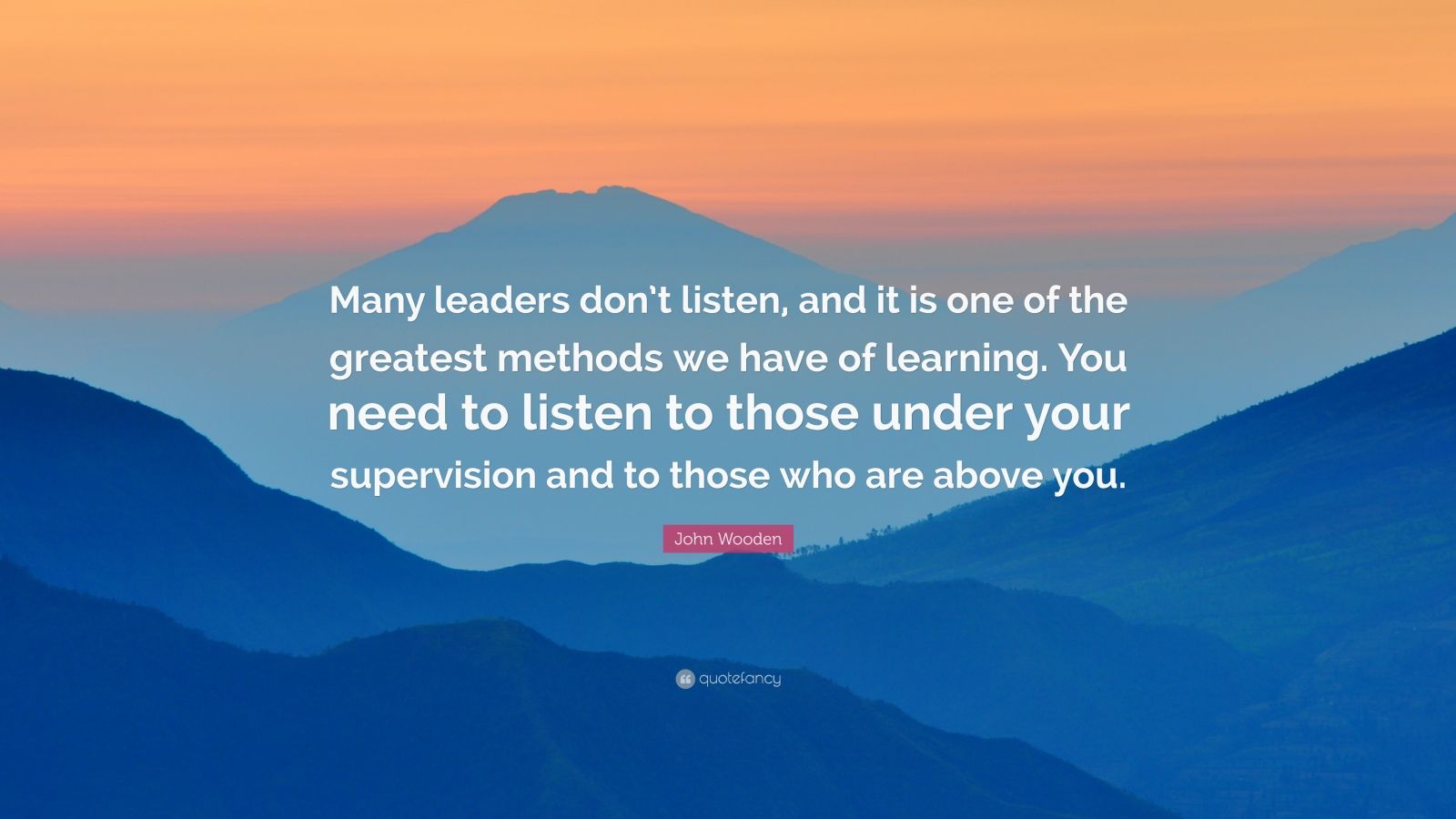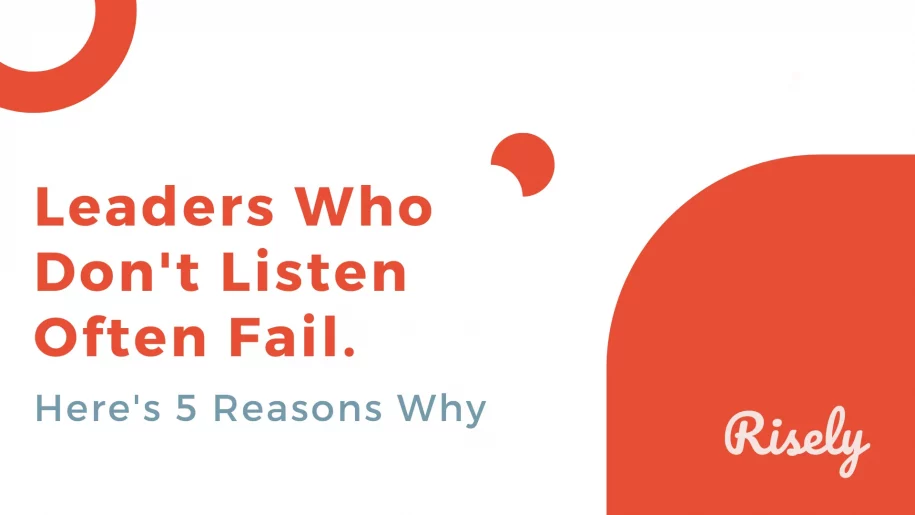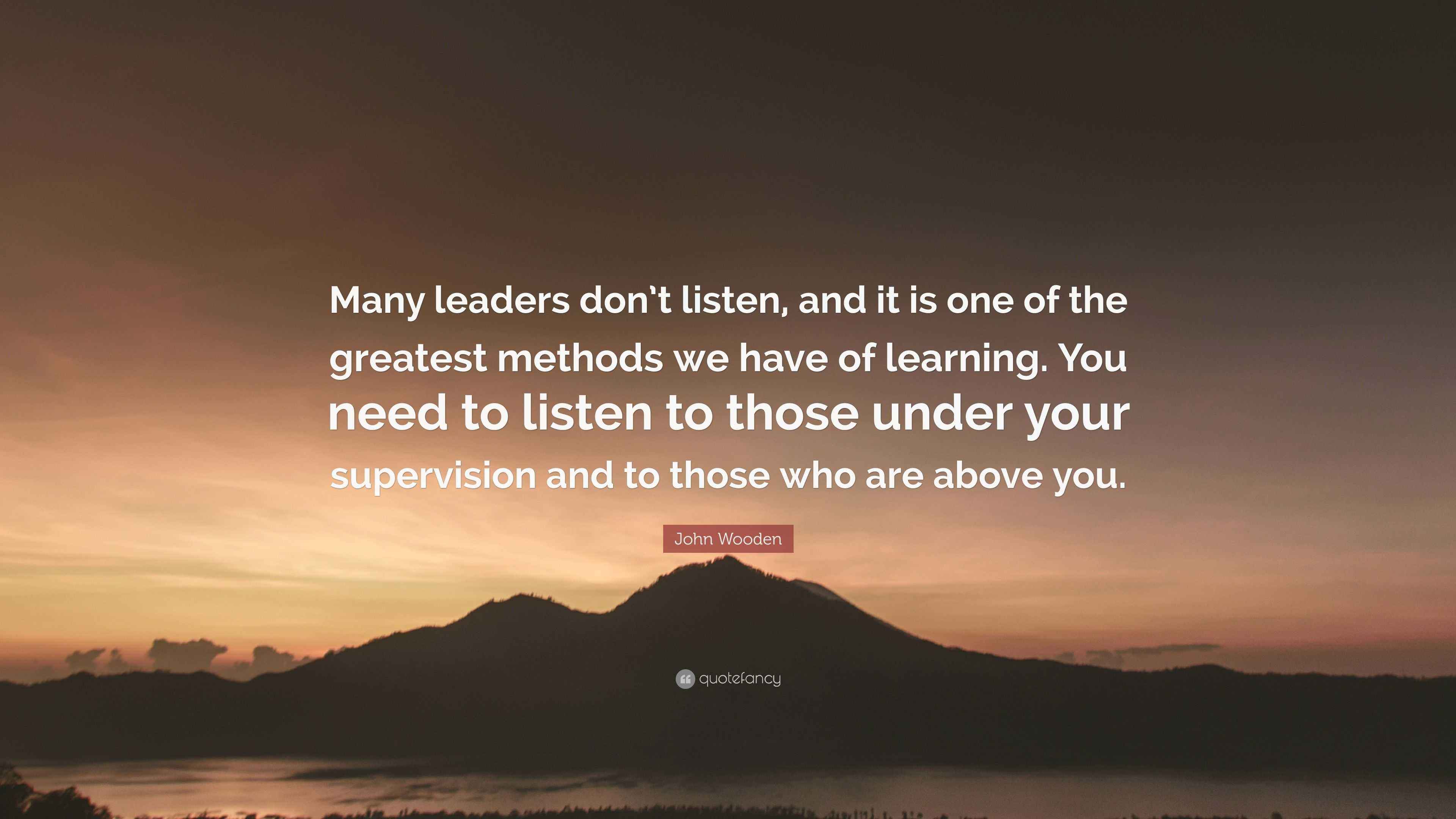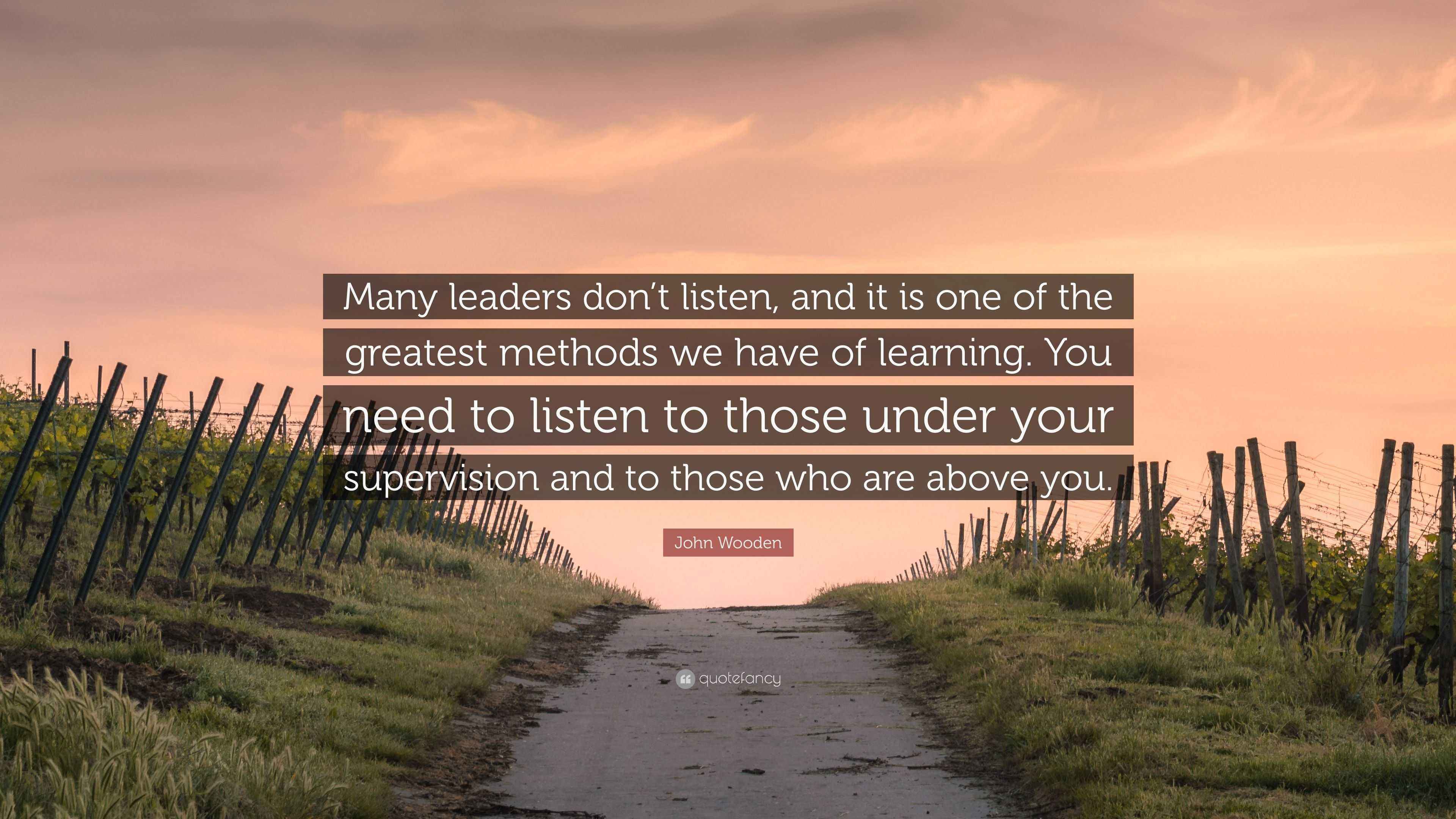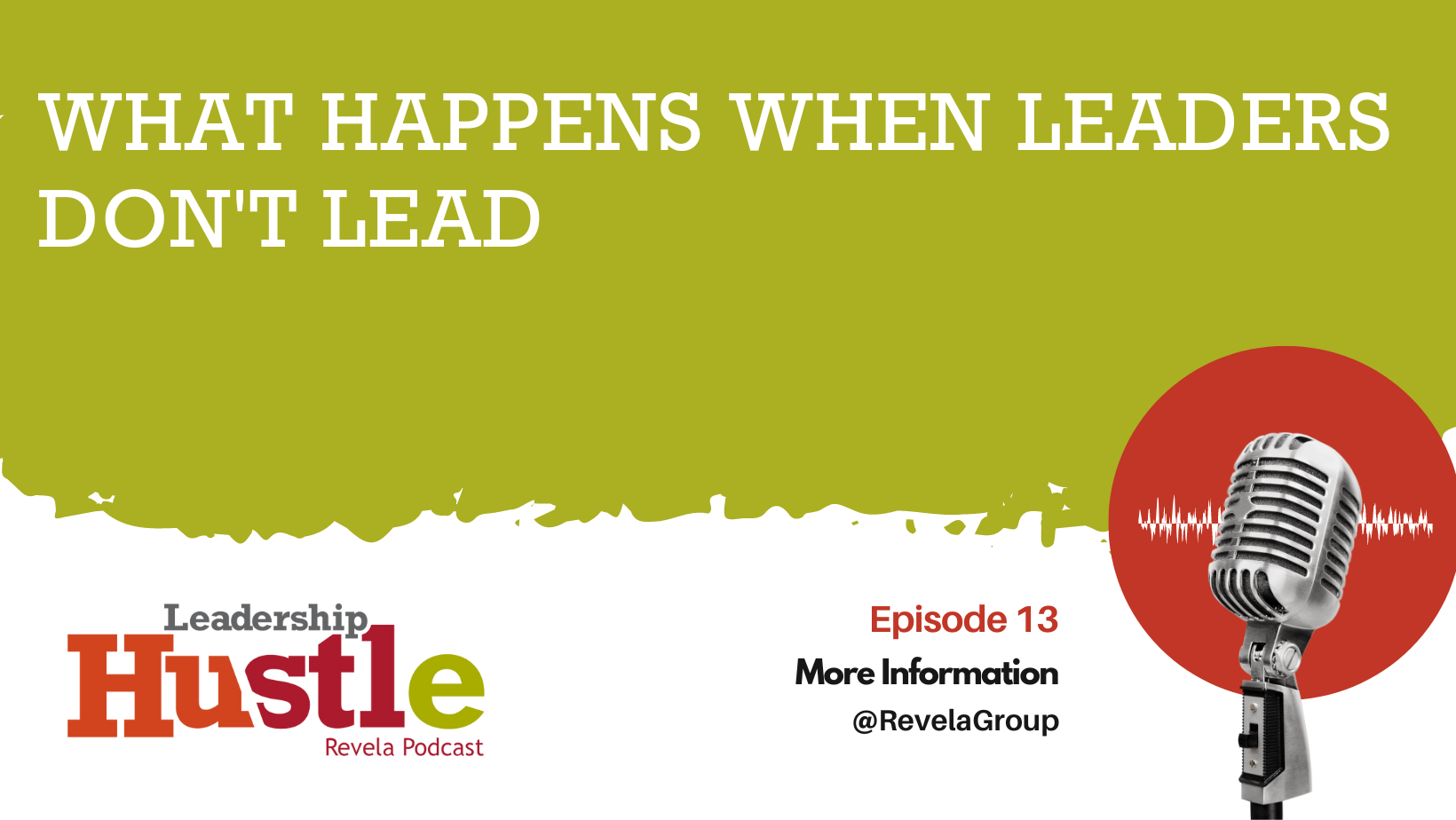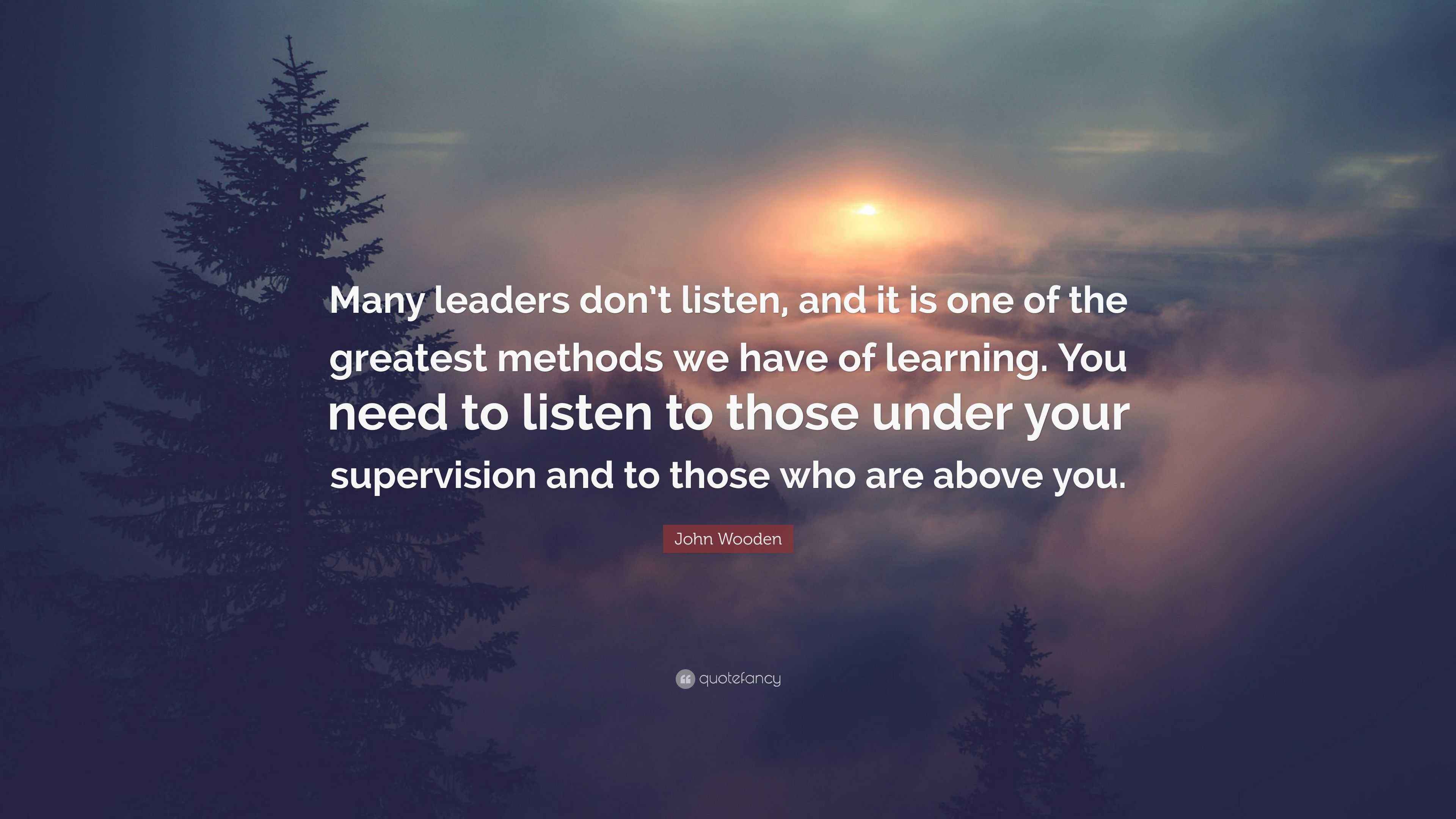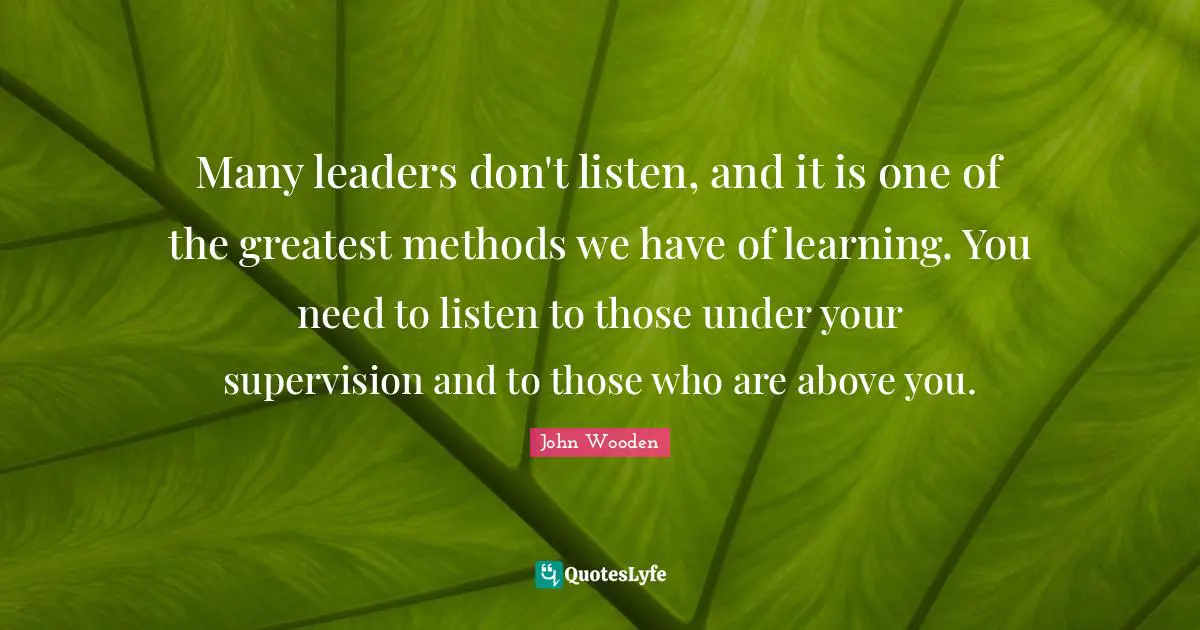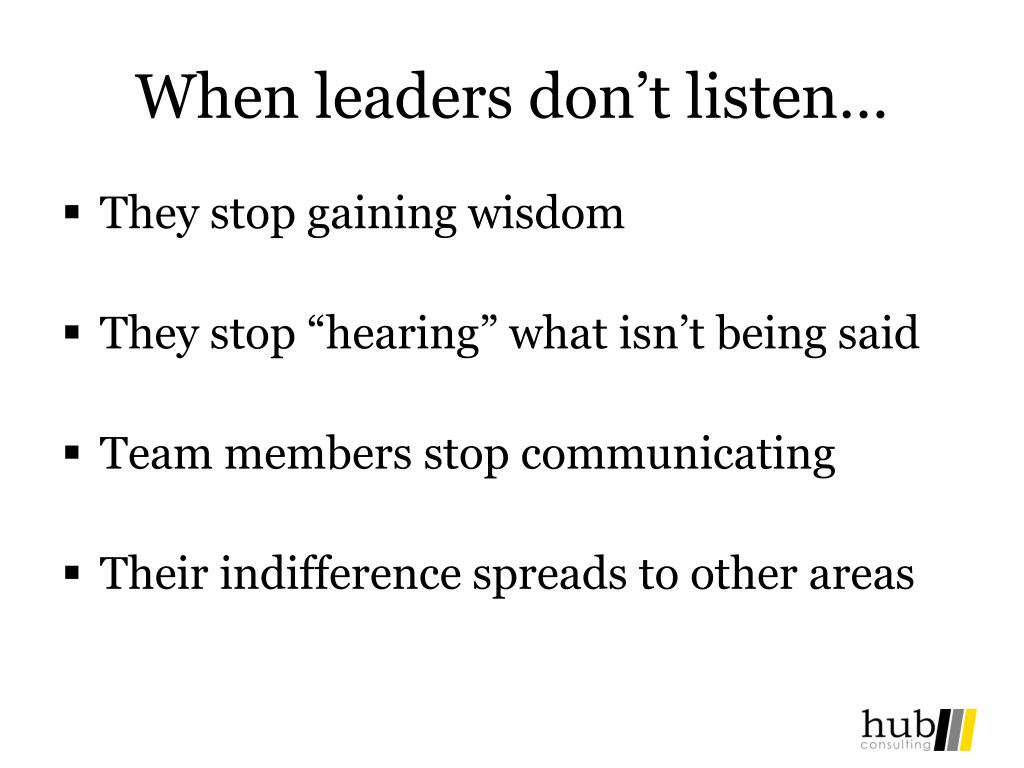What Happens When Leaders Don't Listen

Imagine a bustling town square, where residents gather to voice their concerns about a proposed development project. The air crackles with passionate pleas, reasoned arguments, and heartfelt anxieties. But the town council, seated on a raised platform, seems distant, their expressions unreadable, their ears seemingly closed to the voices rising from below.
This scenario, playing out in countless communities and organizations worldwide, highlights a critical issue: the consequences of leaders who fail to listen. When leadership turns a deaf ear to the needs and concerns of those they serve, the results can be devastating, ranging from eroding trust to sparking widespread dissent.
The Ripple Effect of Silent Leadership
At its core, effective leadership is about understanding and responding to the needs of a group. When leaders neglect this fundamental principle, the impact ripples outward, affecting individuals, teams, and entire organizations.
One of the most immediate consequences is a decline in trust. If people feel their voices are unheard, they become less likely to believe in their leaders' intentions or capabilities. This erosion of trust can lead to decreased morale, lower productivity, and increased turnover, as individuals seek environments where they feel valued and respected.
Furthermore, a lack of listening can stifle innovation. When leaders are unwilling to consider alternative perspectives or new ideas, they create an echo chamber where only familiar voices are amplified. This can lead to stagnation and missed opportunities, as the organization becomes resistant to change and unable to adapt to evolving circumstances.
"The single biggest problem in communication is the illusion that it has taken place." - George Bernard Shaw
Real-World Repercussions
The consequences of failing to listen are evident in various contexts. In the business world, companies led by autocratic leaders who dismiss employee feedback often struggle to retain talent and maintain a competitive edge. Data from the Society for Human Resource Management (SHRM) consistently shows that employee engagement and retention are directly linked to feeling heard and valued by management.
In the political arena, leaders who ignore the concerns of their constituents risk alienating voters and fueling social unrest. The rise of populist movements in recent years can be partly attributed to a perceived disconnect between political elites and the everyday struggles of ordinary citizens.
Even in smaller settings, such as families and personal relationships, the failure to listen can create tension and resentment. When individuals feel their opinions are disregarded, they may withdraw emotionally, leading to fractured communication and strained bonds.
Cultivating a Culture of Listening
Fortunately, the negative consequences of poor listening can be mitigated by actively cultivating a culture of open communication and genuine engagement. This requires leaders to be intentional about seeking out diverse perspectives and creating safe spaces for dialogue.
Active listening is a crucial skill that can be developed through training and practice. This involves paying attention not only to the words being spoken but also to the nonverbal cues and underlying emotions. It also means asking clarifying questions and summarizing key points to ensure understanding.
Regularly seeking feedback through surveys, town hall meetings, and one-on-one conversations can provide leaders with valuable insights into the needs and concerns of their constituents. Transparency in decision-making processes can also help build trust and demonstrate a commitment to inclusivity.
The Power of Empathy
Ultimately, effective listening requires empathy – the ability to understand and share the feelings of others. By putting themselves in the shoes of those they lead, leaders can gain a deeper appreciation for their experiences and perspectives. This, in turn, can inform their decisions and actions, leading to more equitable and sustainable outcomes.
The impact of listening goes far beyond simply avoiding negative consequences. It can also unlock tremendous potential by fostering creativity, collaboration, and a shared sense of purpose. When people feel heard and valued, they are more likely to contribute their best ideas and work together towards common goals.
In conclusion, the ability to listen is not merely a soft skill but a fundamental pillar of effective leadership. By prioritizing open communication, cultivating empathy, and actively seeking feedback, leaders can create environments where individuals thrive, teams flourish, and organizations achieve their full potential. The town square, once filled with unheard voices, can transform into a vibrant hub of collaboration and progress, driven by the power of truly listening.
